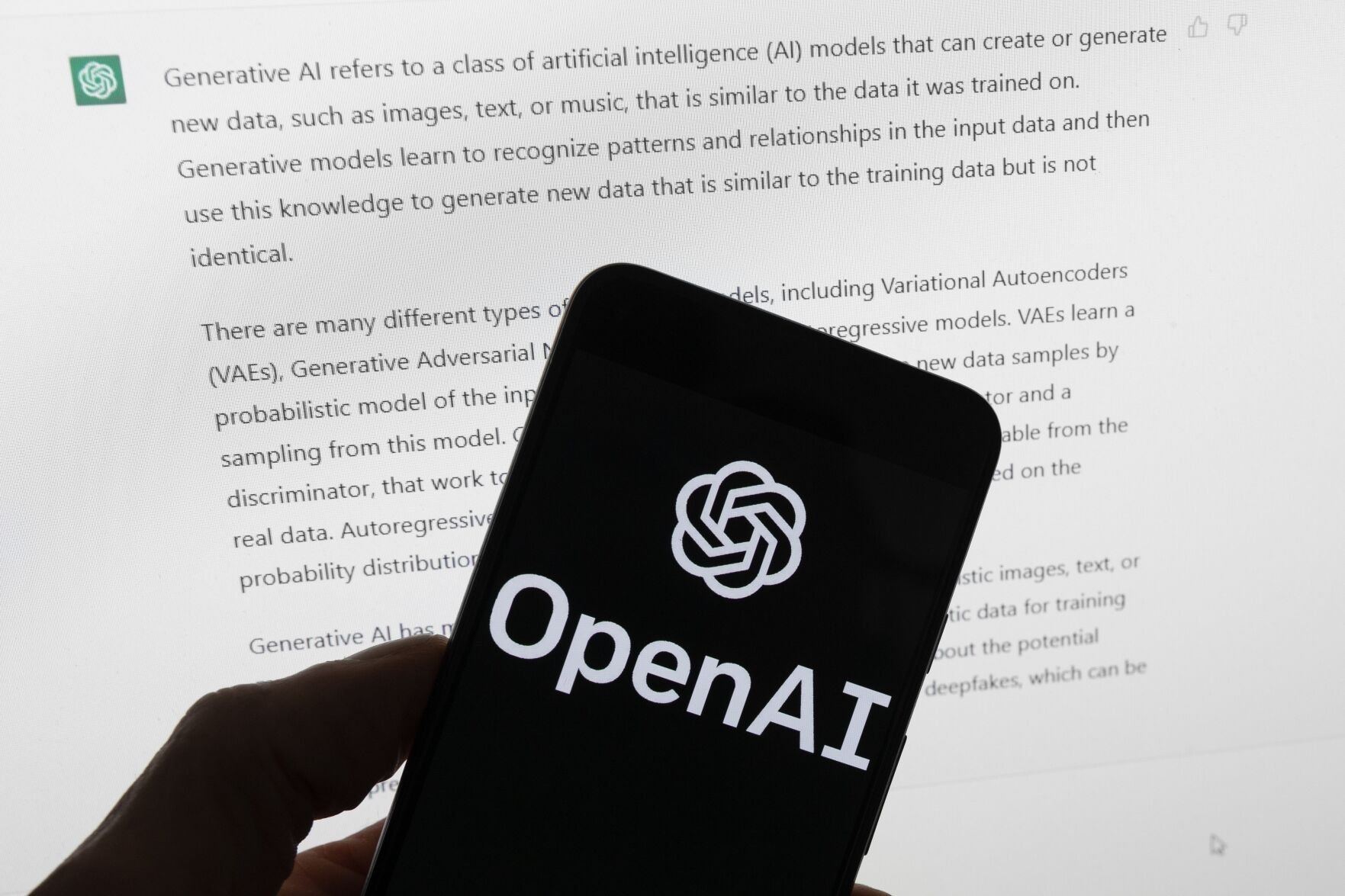An advisory board convened by OpenAI recommends that the organization should remain under nonprofit oversight. Citing the AI technology as “too consequential,” the board emphasizes that corporate governance alone is insufficient for overseeing OpenAI’s developments.
OpenAI’s advisory board calls for continued and strengthened nonprofit oversight

Key Takeaways:
- An OpenAI advisory board recommends maintaining nonprofit control over the organization.
- The AI technology developed is deemed “too consequential” for corporate governance alone.
- There is a call for continued and strengthened nonprofit oversight.
- The recommendation highlights concerns about the societal impact of AI.
- OpenAI’s significant role in AI development underscores the need for careful governance.
OpenAI Advisory Board Calls for Nonprofit Oversight
An advisory board convened by OpenAI has recommended that the organization should continue to be controlled by a nonprofit entity. The board asserts that the artificial intelligence technology OpenAI is developing is “too consequential” to be governed by a corporation alone.
The Consequential Nature of AI Technology
The advisory board emphasized that the AI technologies being created have far-reaching implications. Their potential impact on society, economics, and various industries makes them significant enough to warrant careful and dedicated oversight beyond corporate interests.
Nonprofit vs. Corporate Governance
According to the board, nonprofit governance provides a framework that prioritizes ethical considerations, public interest, and long-term societal benefits. In contrast, corporate governance might prioritize profitability and shareholder interests, which may not align with the responsible development of powerful AI technologies.
Recommendations for Strengthened Oversight
The commission not only called for the continuation of nonprofit control but also suggested that oversight should be strengthened. This move indicates a need for more robust mechanisms to monitor and guide OpenAI’s progress in developing AI, ensuring that it aligns with broader societal values and safety considerations.
Implications for OpenAI’s Future
This recommendation could shape the trajectory of OpenAI’s operations. Remaining under nonprofit control might influence its research priorities, partnerships, and deployment of AI technologies. It underscores the organization’s commitment to ensuring that the advancements in AI are developed responsibly.
Conclusion
The advisory board’s recommendations highlight the critical nature of AI technologies and the importance of governance structures that prioritize the public good. As OpenAI continues to be at the forefront of AI development, how it is governed will have significant implications for the future of technology and society.











